Coronavirus, Peta Credlin: Hotel quarantine inquiry can’t dodge life-and-death questions

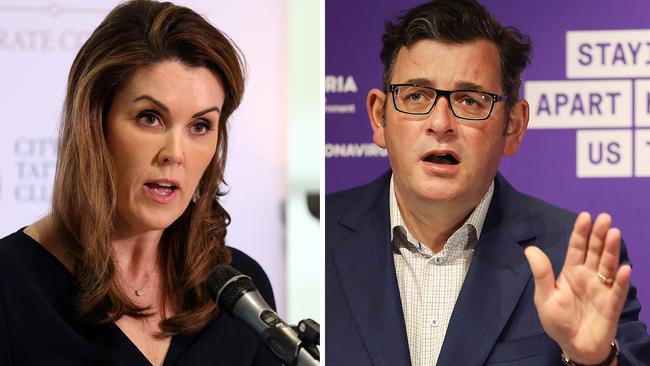
The truth matters because 816 Victorians died as a result of that decision. Who made it, and why was it made? Was it just that Victoria Police didn’t want to babysit returning travellers? Or was there something more to the decision to use private security in the first place — and, in particular, why one firm might have been chosen over others?
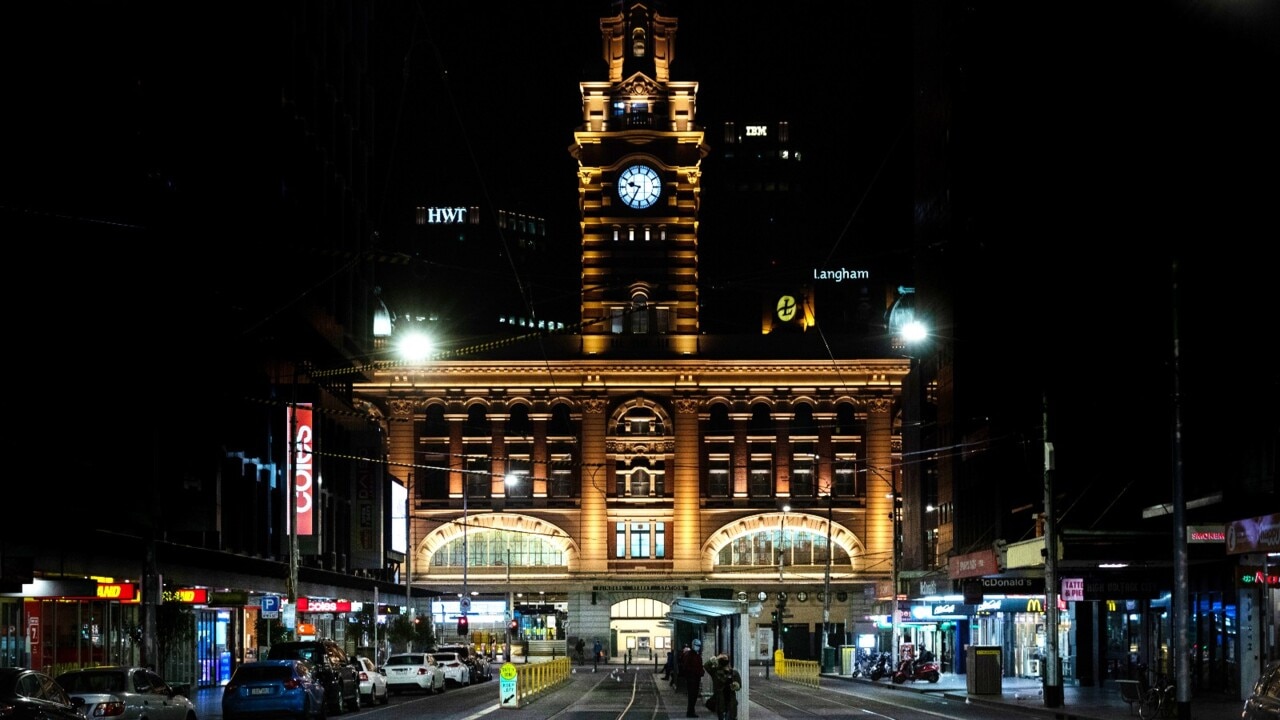
When it resumes, the inquiry needs to get serious about finding the truth. The disagreement on important facts between Premier Daniel Andrews and former health minister Jenny Mikakos needs to be reconsidered; as does the testimony of the former Premier’s Department head Chris Eccles, given the fateful phone call he’d forgotten that has now cost him his job. The memory of former police commissioner Graham Ashton needs to be re-jogged, as well as that of Emergency Management Commissioner Andrew Crisp who said he regularly briefed his police minister Lisa Neville, until she said in evidence that he didn’t on the key days in question, after which he recanted.
This time, the inquiry can’t possibly conclude that the government went against a national cabinet decision on the basis of a “creeping assumption”. And then there’s the fundamental question of how contracts worth tens of millions of dollars could be let without any due process that, up to now, the inquiry has largely ignored.
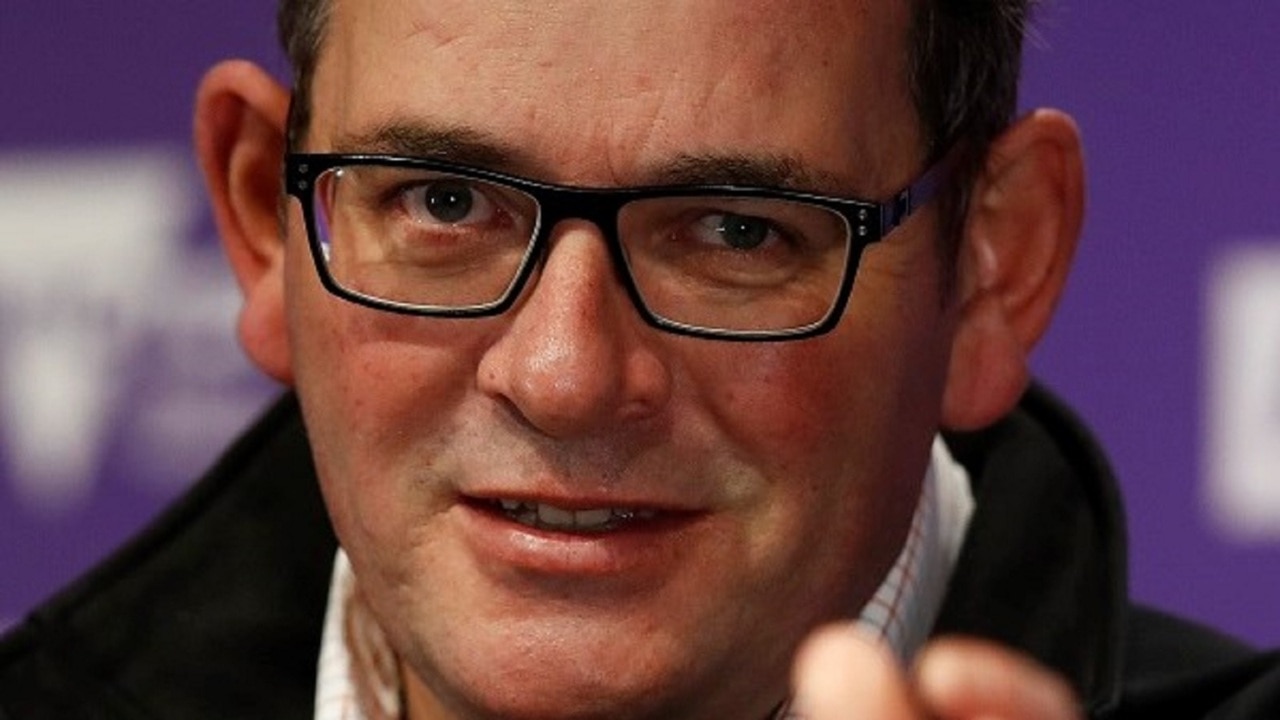
Two of the private security providers were on the approved government panel. Remarkably, the one that wasn’t, Unified Security, got the lion’s share of the work — $30m dollars worth.
On the very day of the national cabinet decision to set up hotel quarantine, Friday March 27, Unified’s owner David Millward received an email at 11.30pm from the Victorian Jobs Department asking if he wanted to do this work. By 6am next morning, he was negotiating. By just after 9am, he claimed to have secured 10,000 units of PPE — masks, gloves and hazmat suits — and said training of his staff was well under way in the federal government’s online COVID-19 infection course.
There’s no evidence that any of this was checked, even though there was a global shortage of PPE at the time and a company like Unified would have had no access to the national stockpile.
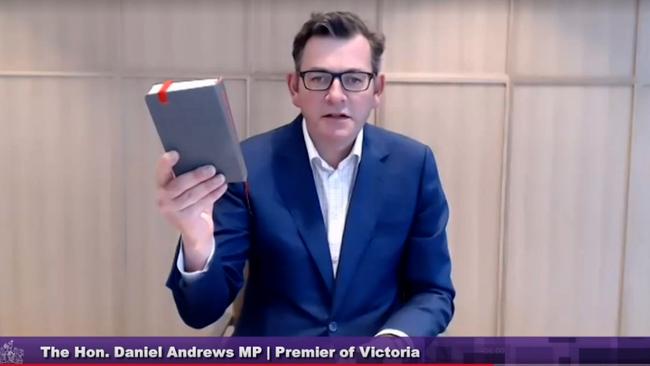
MSS Security said that PPE would take them three weeks to get, even though it was a well-established firm. And that training would be tough because the online training module was already pressured with massive demand.
At 12.36pm on the Friday, before national cabinet had even broken up, Millward had emailed his staff to urgently get their online COVID-19 training done by 2.30pm — when, of course, the PM later made his big announcement about hotel quarantine. Coincidence? It’s the Coate Inquiry that’s got to chase the truth.
By 11.35am on Saturday, Unified was given the go-ahead, and by midnight it was there providing security at Melbourne’s first COVID-19 hotel. Meanwhile, the vetted and approved security companies were still at the starting blocks; and, by Monday, as the rest of the Jobs Department started to get its head around what had happened over the weekend, questions were being asked about how a company that was not on the preferred list could get a $30m contract in under six hours flat.
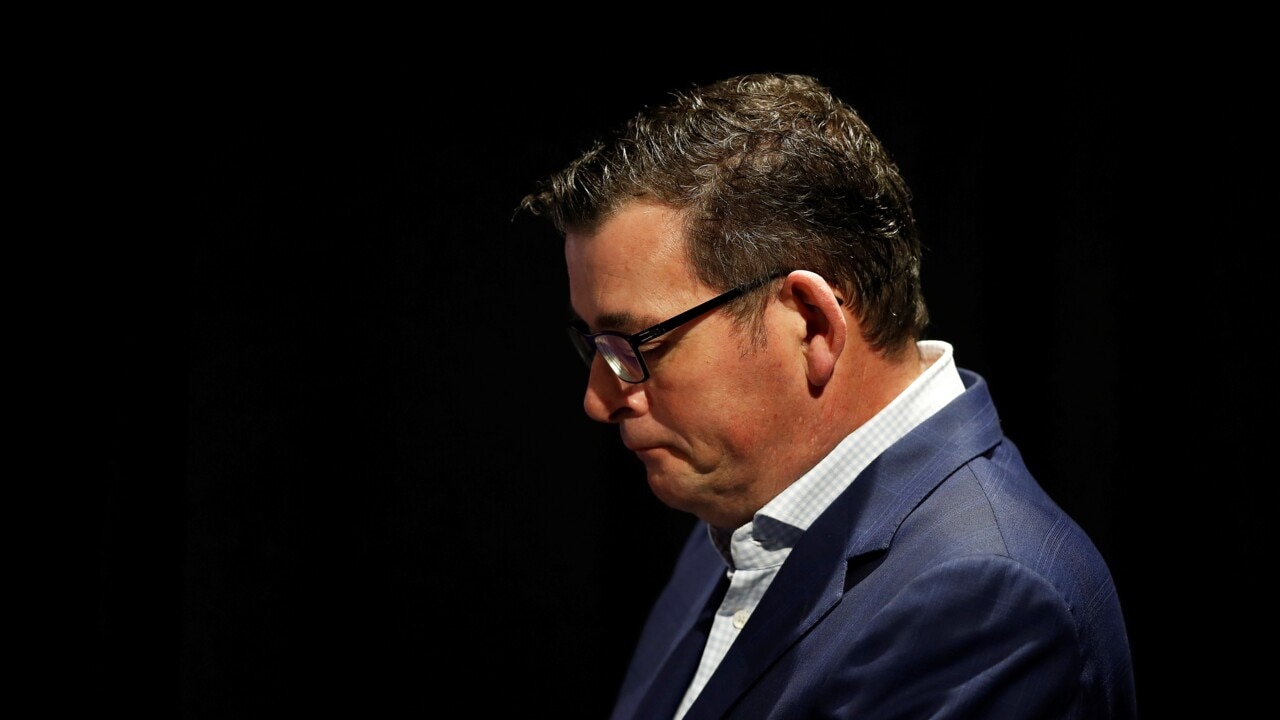
Here’s just one example, found in the evidence to Coate, of a Jobs Department official ringing alarm bells: “I understand there was an urgency to get things up and running quickly over the weekend but to have a non-approved firm providing security and effectively enforcing government regulation at quarantine sites off the back of some emails and phone calls represents a significant risk to individuals involved.”
When questioned by the Coate Inquiry, Jobs Minister Martin Pakula said that he wasn’t even aware of Unified and its $30m contract until “July or August”.
Really? So who authorised the Jobs Department secretary, Simon Phemister, to approve it?
We can’t check what Millward told Coate in his oral evidence because he never appeared in the inquiry.
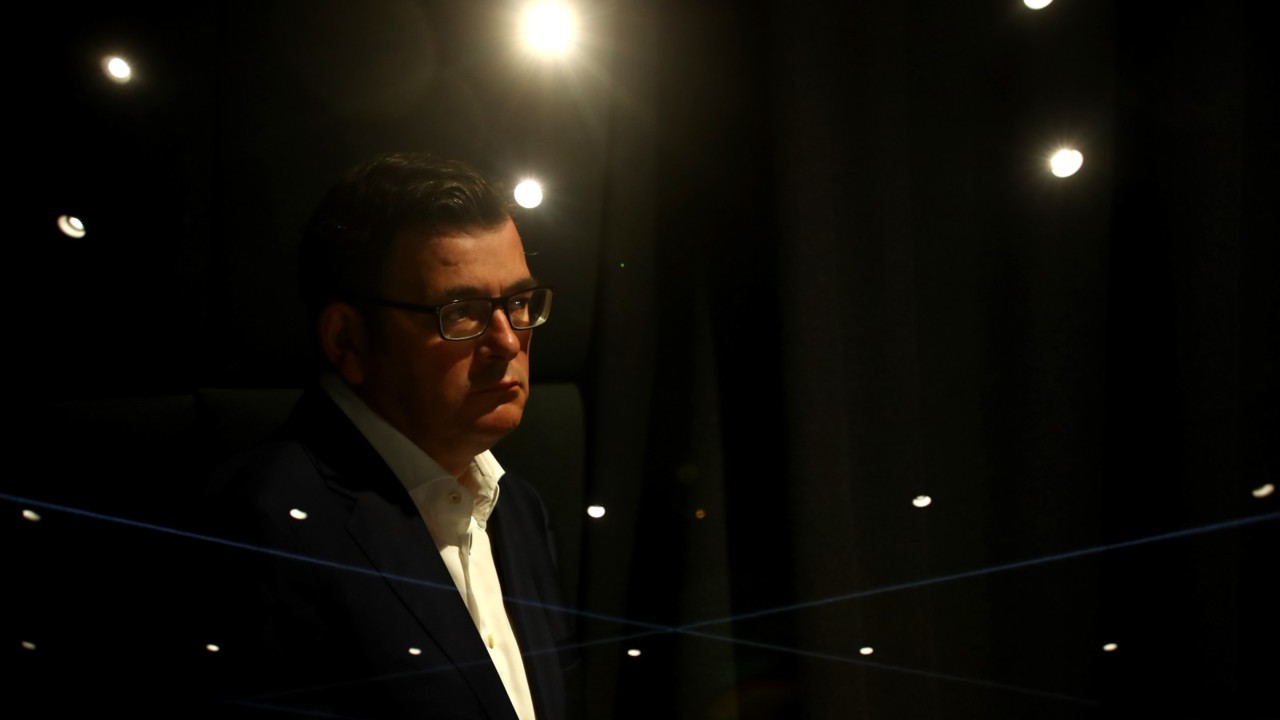
Last week, it was reported that the head of Victoria’s anti-corruption watchdog, IBAC, had written to the Coate Inquiry some months back warning of the risk of corruption for government contracts and procurement at a time of crisis or emergency. Last Thursday, IBAC announced public hearings into allegations of serious corrupt conduct in the awarding of contracts in Victoria’s public transport sector, including whether current senior public officers have improperly influenced the awarding of contracts for Metro Trains.
I have no inside knowledge of these IBAC hearings and we will see where they go next Monday. But this I do know: the other significant contract in Victoria that Unified Security trumpets is with Metro Trains. Watch this space.

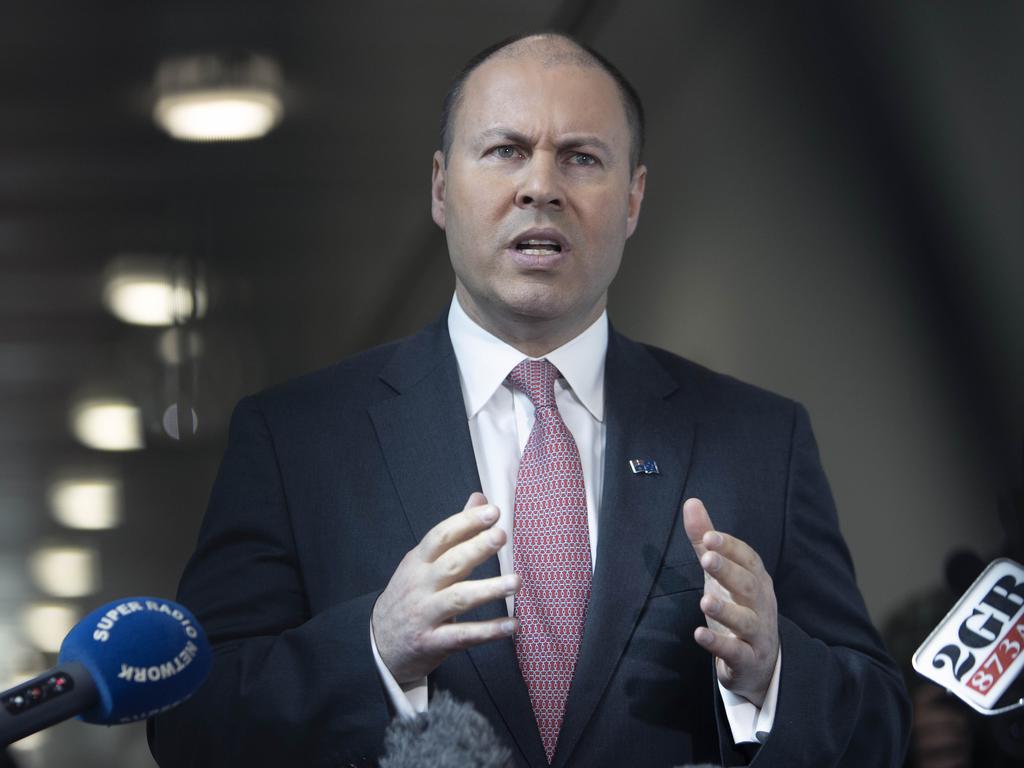
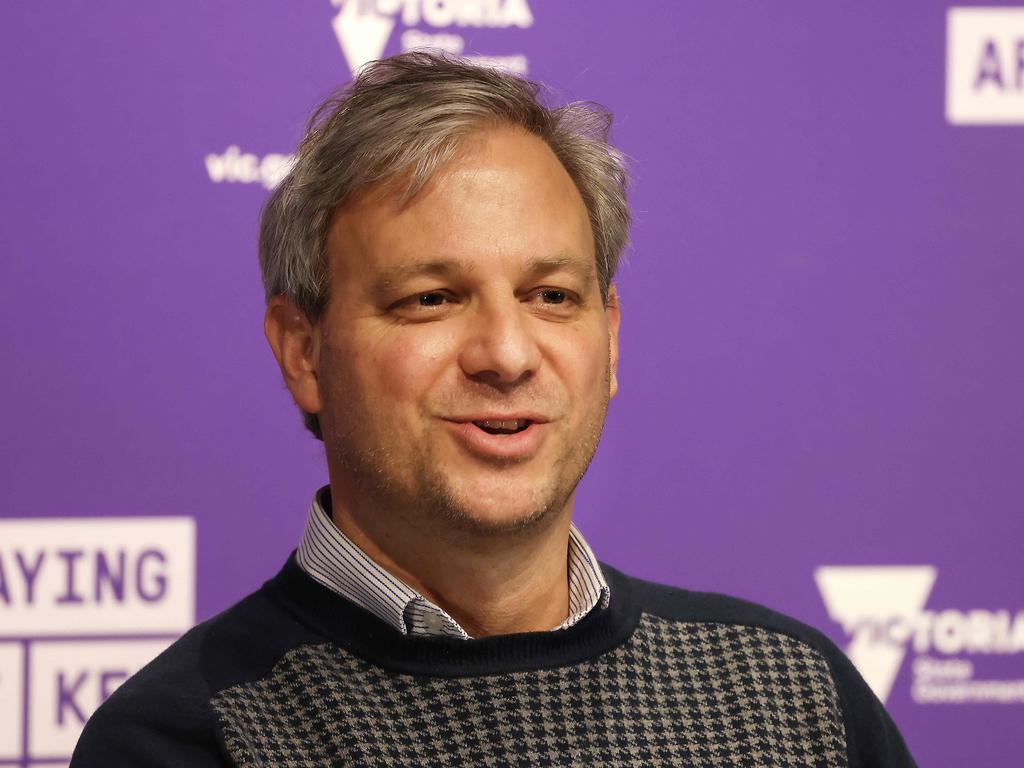
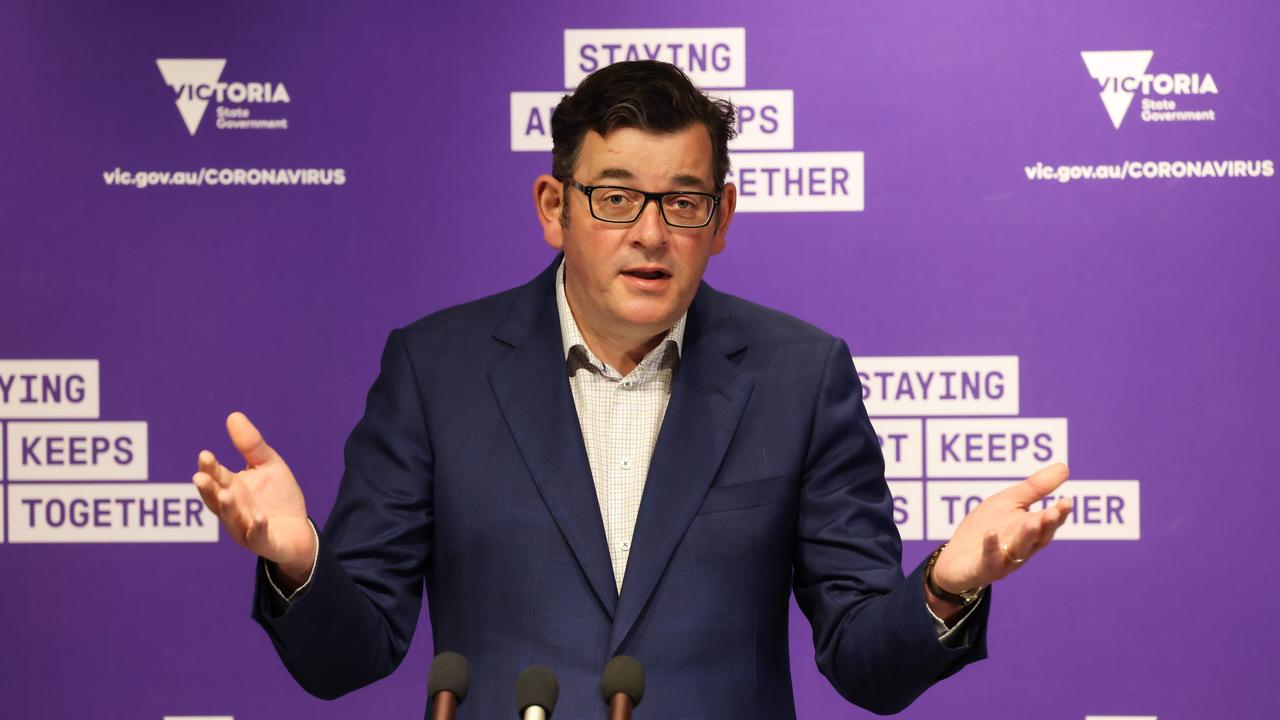



The Coate Inquiry into Victoria’s hotel quarantine disaster resumes on Tuesday, with an Extraordinary Sitting at 2pm — and there is no doubt that it has much more work to do. It needs to find out why Victoria went it alone in using private security to guard quarantine hotels when every other state used the police and the Australian Defence Force.